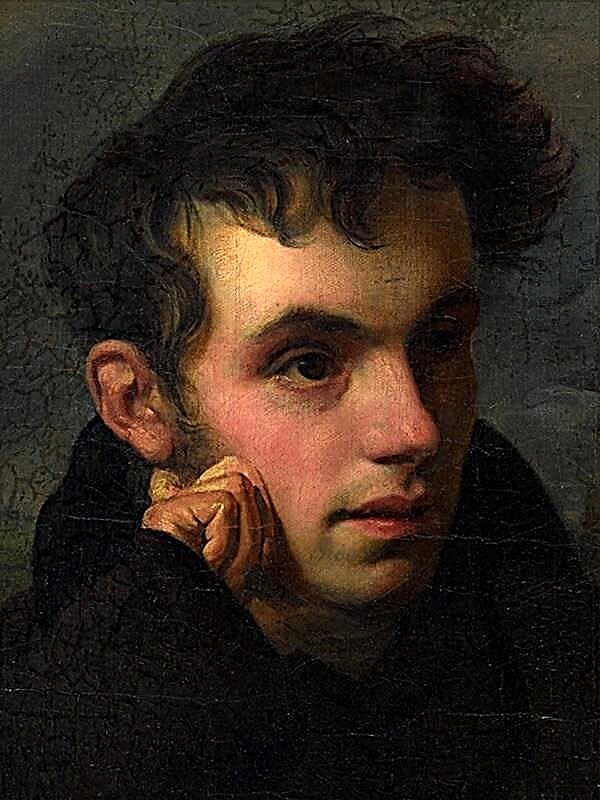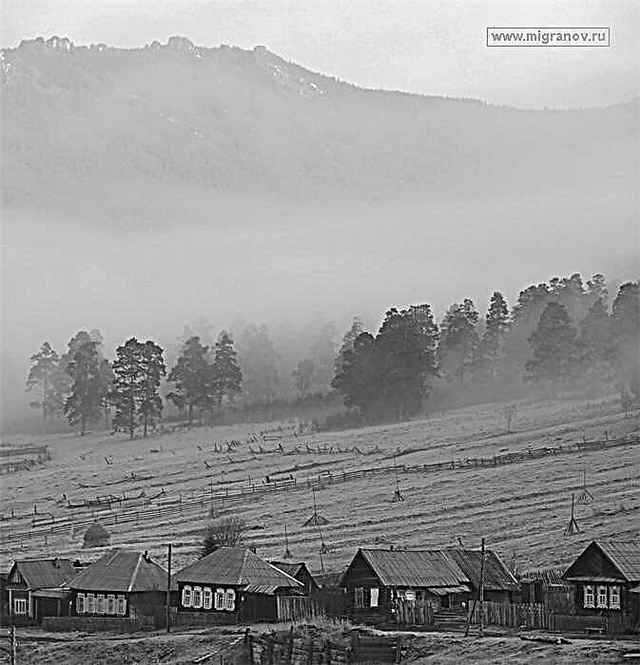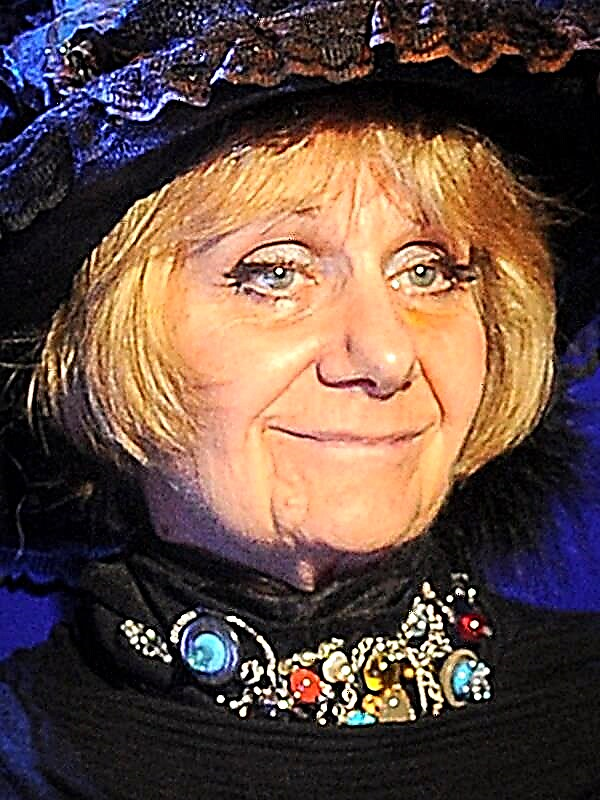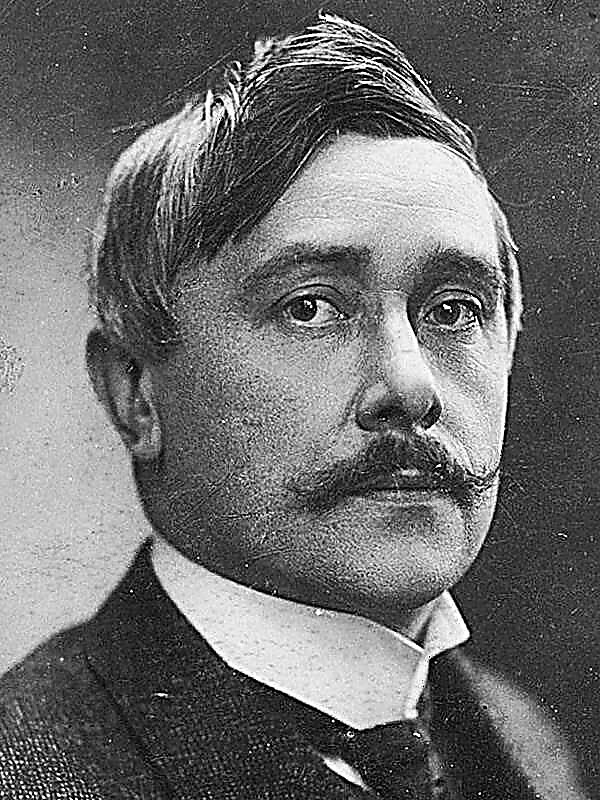Norway, the 50s The heroes of the novel - economist Ergen Bremer, artist Andreas Dühring, journalist Jens Tofte and translator Klaus Tangen - participated in the Resistance movement, “fought for something great and noble,” risked their lives, matured and tempered in the fight against fascism, the war ended, and four comrades , young and full of faith in their own strength, set about implementing their cherished plans.
It seemed to them, the winners who had gone through the harsh school of the underground, from now on everything could do it. Why, now, ten years later, it is so restless in their hearts, where did the feeling of dissatisfaction come from, where did the old optimism disappear, are they really a new “lost generation”? Klaus Tangen is sure that their fate is even more hopeless than that of the previous generation - those who returned after World War I were able to leave a mark on themselves in culture and history, they suffered, but acted and were able to force themselves to listen.
"And we? Klaus exclaims in despair. - Which of us believes that we could play even the smallest role, even if we were geniuses and achieve universal recognition of our talents? We know in advance that no one will give the slightest significance to what we say, no one will even bother to turn our heads to look at what we, according to our statement, see. In advance and finally out of the game - that’s what we are, that’s what today's intellectual is. ”
Life brutally intervened in the plans of four friends, forcing them to back down, change their mission, and compromise.
Andreas Dühring is a talented artist, but his first exhibition, in which the most treasured paintings were collected, did not bring recognition to the artist. But the public quickly appreciated his sharp look as a portrait painter: he was easily given an external resemblance, and the young artist’s ability to embellish the model a little to flatter the vanity of a wealthy customer ensured Dühring success with influential moneybags, especially their wives. A successful career as a fashionable portraitist does not bring happiness to Andreas Dühring, however, he realizes that he is selling his talent, changing his vocation.
The fate of Klaus Tangen was even more severe. Starting with an apprentice at a mason, he successfully graduated from the institute after the war, but left his career as an engineer and decided to become a writer, since he believed that art would provide him with great freedom for creativity and expression. Klaus dreamed of writing a realistic novel from the life of Norwegian workers - a topic close and understandable to him, but instead, passionate about modern trends, he created a modernist book about fear, which remained incomprehensible to critics and readers. Out of the total circulation, only one copy was sold. The unsuccessful debut makes Klaus Tangen forget about his writing career and start translating other people's novels. Klaus, like Andreas, also sells his talent, but does it less successfully: translations barely allow him to make ends meet. Klaus feels driven into a dead end, he recognizes his guilt before his wife, because she and Anna can not even afford to have children.
The fate of Jens Tofte is outwardly more prosperous: having met and loved the pretty student of the theater studio Ella, he, it would seem, finds happiness and peace. And let him have to leave the academy and give up his career as an artist - he does so for love! Jens managed to convince himself that he didn’t have enough talent, and earning money in the newspaper allowed him to support his wife, and, in principle, he liked the job. Jens Tofte did not change his beliefs, remained faithful to friends and wife. But betrayal also awaited him: Ella, who never considered marital fidelity among her virtues, finally decided on a final break. Jens Tofte's loyalty in fact turned out to be a betrayal to himself; he, like his friends, also finds himself in a dead end in life.
The fate of the eldest of four friends, Ergen Bremer, is most successful. During the occupation, he led their underground group, was arrested, went through torture by the Gestapo, but did not betray anyone. After the war, Ergen Bremer becomes a prominent economist, defends his thesis. He has a beautiful apartment, a beautiful wife, experienced in all the intricacies of social life, a four-year-old daughter.
Ergen, as a well-known supporter of a planned economy, is constantly asked for advice and advice by “ministers, directors and other cones”. They readily support the Bremer reorganization plan for the footwear industry in Norway - because it promises huge economic benefits and, consequently, contributes to the growth of their prestige. And now Bremer’s plan is officially called the “Sulberg Plan” by the name of his supporting minister, who, however, does not understand anything in it. The implementation of the plan promises Ergen Bremer a new take-off in his career. Why then is it so restless in his soul? Why does he suddenly decide to leave his wife, giving her complete freedom? Friends note with concern that Ergen, despite success, has not changed for the better: if in the difficult years of the war he never lost his spirit, now, “having gained recognition”, he “could not even boast of just a good mood.” What bothers his soul so much that he even decides to turn to a psychoanalyst for help?
The progressive economic reform conceived by Ergen Bremer has a flaw - it does not take people's interests into account. Fascinated by economic benefits, Ergen Bremer considers himself entitled to intervene in the life of workers in order to organize their life “on the basis of order and profitability”. The inhumanity of the reform provokes the indignation of the friends of Ergen. “... What your executioners did to you during the War, and what you and your committee are now going to do with these workers, is basically the same thing,” says Andreas Dühring. But Yergen does not seem to hear; for him, people have become only part of the animal world, a sort of flock of herring, which only the elite should take care of.
But even though Ergen Bremer is trying to lull his conscience, assuring himself and others that “nothing matters”, he still understands: the circle closed, he betrayed himself, not yielding under torture, he now surrendered voluntarily, having acquired, in fact, the fascist ideology against which he fought in his youth. Ergen Bremer had the courage to assess the danger of his own venture. He himself condemns himself to death.
The death of a friend made friends think about their own fate. Andreas Dühring persuades Jens Tofte to take a course of psychoanalysis. And even though at first Andreas was driven by a desire to take revenge on Johan Ottesen, the doctor whom he blames for the death of Ergen Bremer, the sessions in the clinic allow friends to figure out for themselves. Even the fact that Andreas, hoping to play a cruel joke on the doctor, forces Jens to pass off other people's dreams as his own, leads to unexpected results: Otstesen advises Jens Toft to take up painting again, because, having abandoned his career as an artist, Jens took the first step on the wrong path.
Gradually, the doctor and Andreas Dühring lead to the idea that a return to the folk roots that nourish genuine art will help the artist to regain lost personality. Andreas is not only a talented painter, he really has golden hands, he loves to make crafts, join carpentry, turning the craft into art.
There are changes in the life of Klaus Tangen. Klaus’s wife, Anna, gradually tells her husband the way to achieve his cherished goal: creating a novel in Gorky traditions. Klaus decides to quit translations and return to the mason's craft, which provides good earnings - this will allow him to save money, then to start his favorite work.
In a moment of despair, an unknown woman comes to the aid of Andreas Dühring. This meeting changes everything in his fate. Disbelieving cynic, he suddenly discovers the ability and need to love, sacrifice, live in himself. Helga's husband, Eric Faye, is also a member of the Resistance, but the war robbed him of hope for happiness: torture in the Gestapo dungeons turned him into a cripple. Eric is doomed and knows this, he is hard going through his forced loneliness, but steadily endures suffering. Fate took away his hope for the future, but he managed to remain faithful to the ideals of youth, to preserve what his more successful comrades almost had lost. As a testament to the living, his dying words sound: “The truly great in human life is always simple. To see and commit it, you only need strength, courage and a willingness to sacrifice yourself. "
It is these qualities that the heroes of the book need to continue to build the “Tower of Babel” - a symbol of the creative work of people.

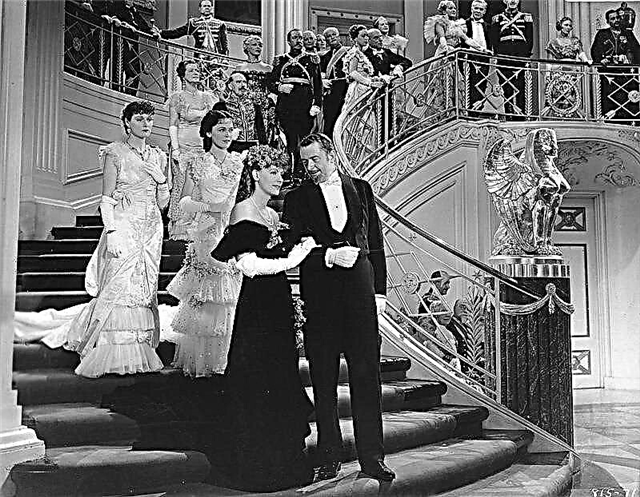
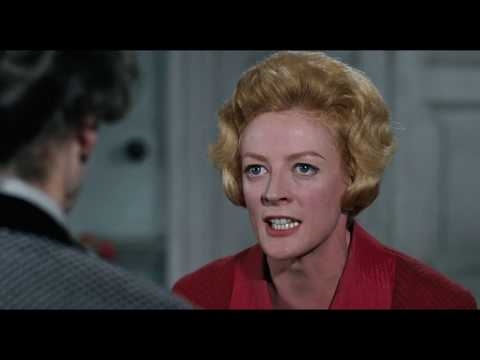
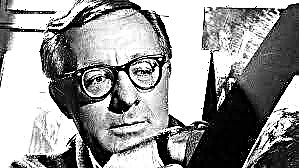
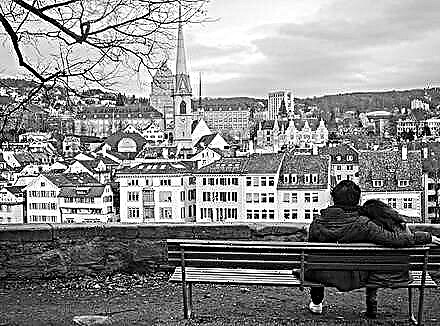
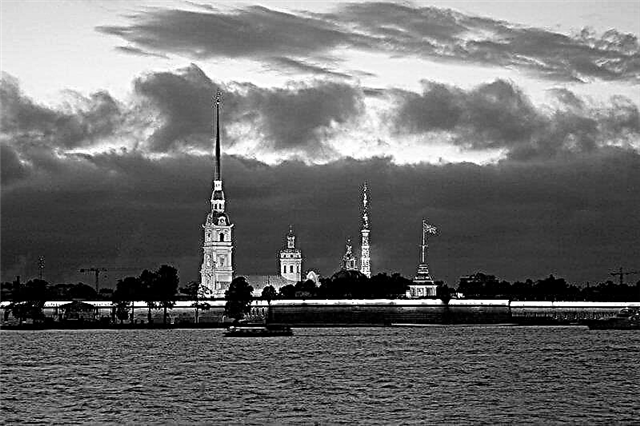
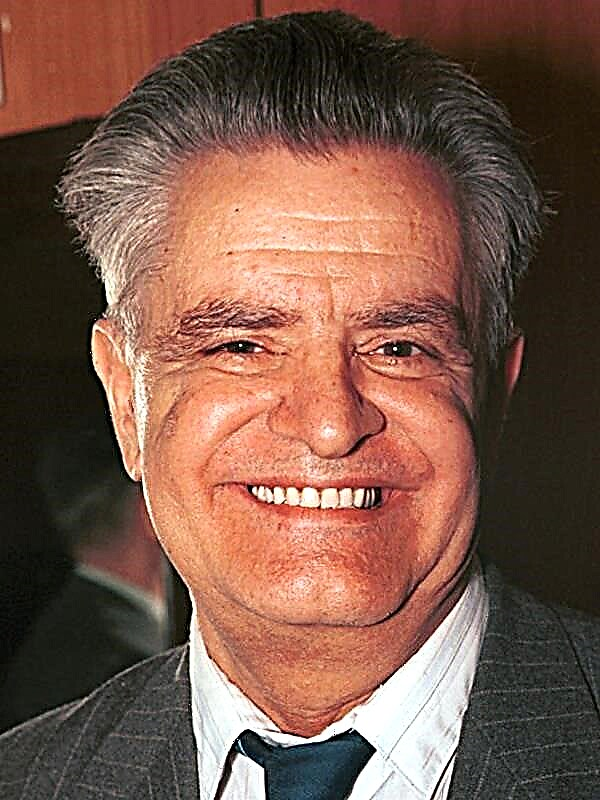
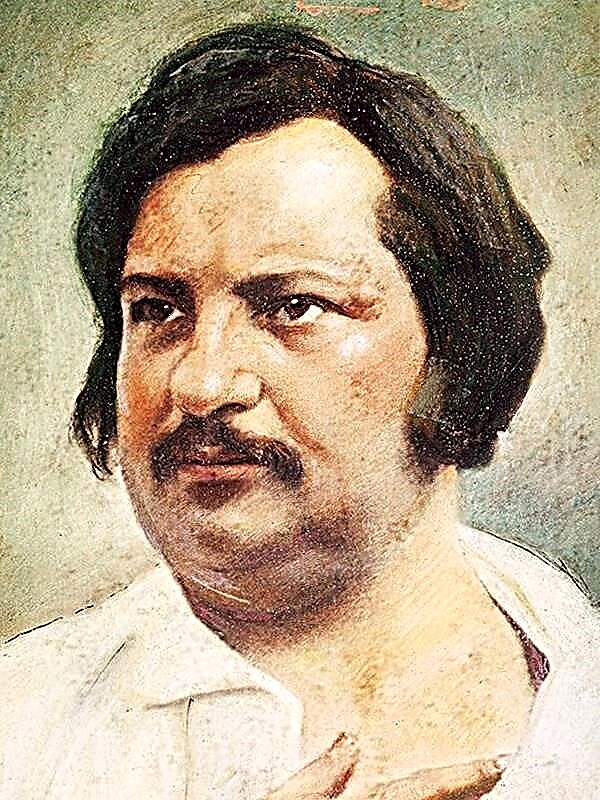 Shuans
Shuans